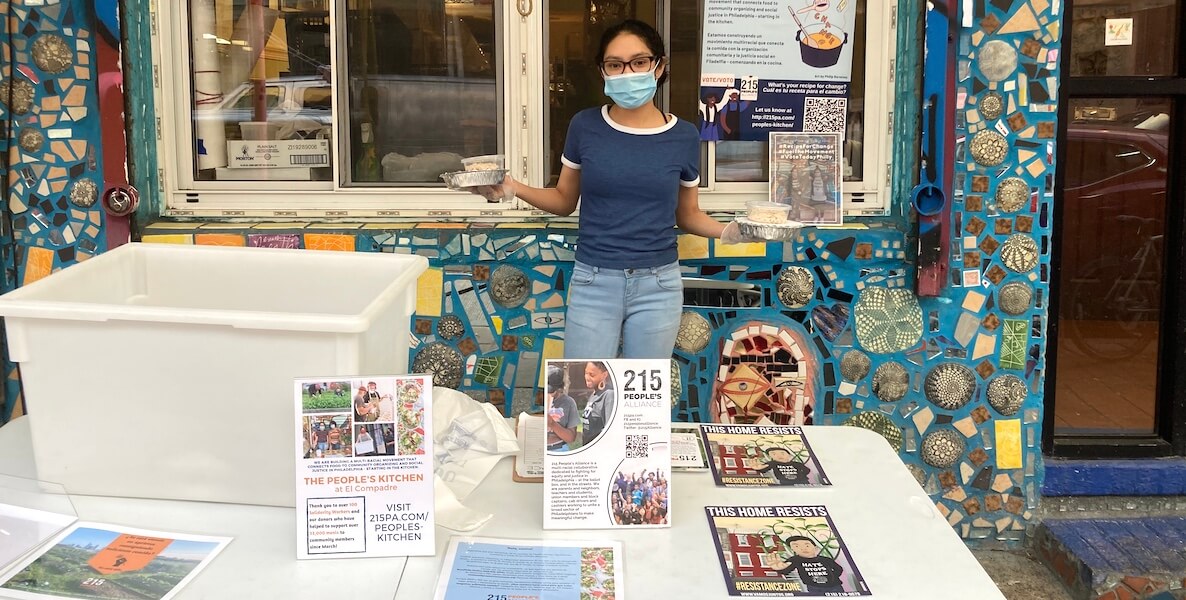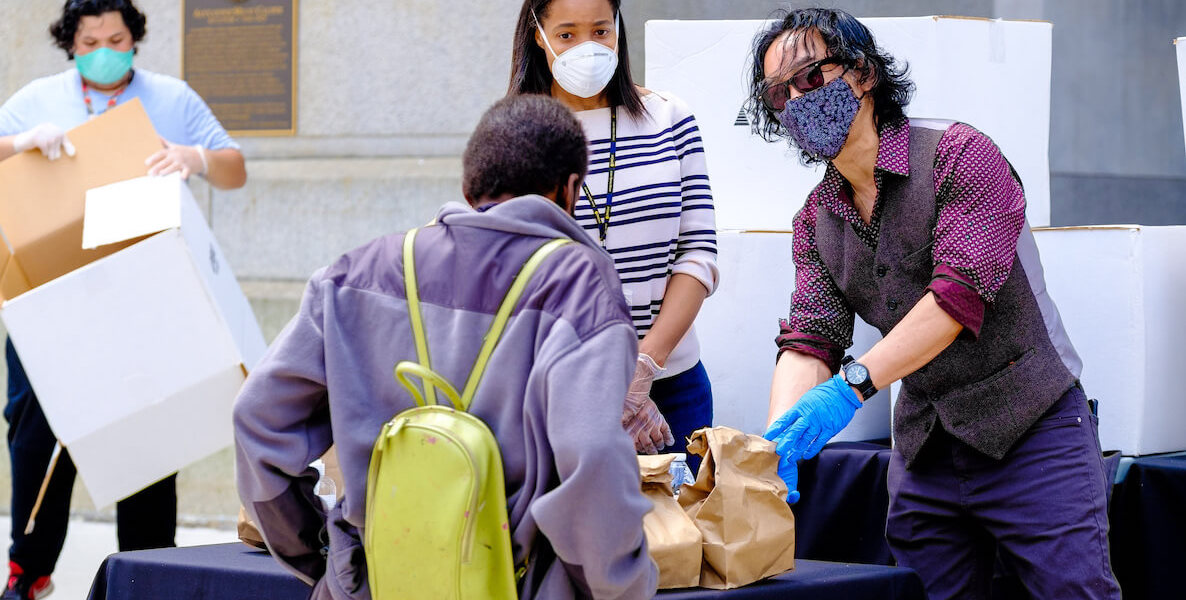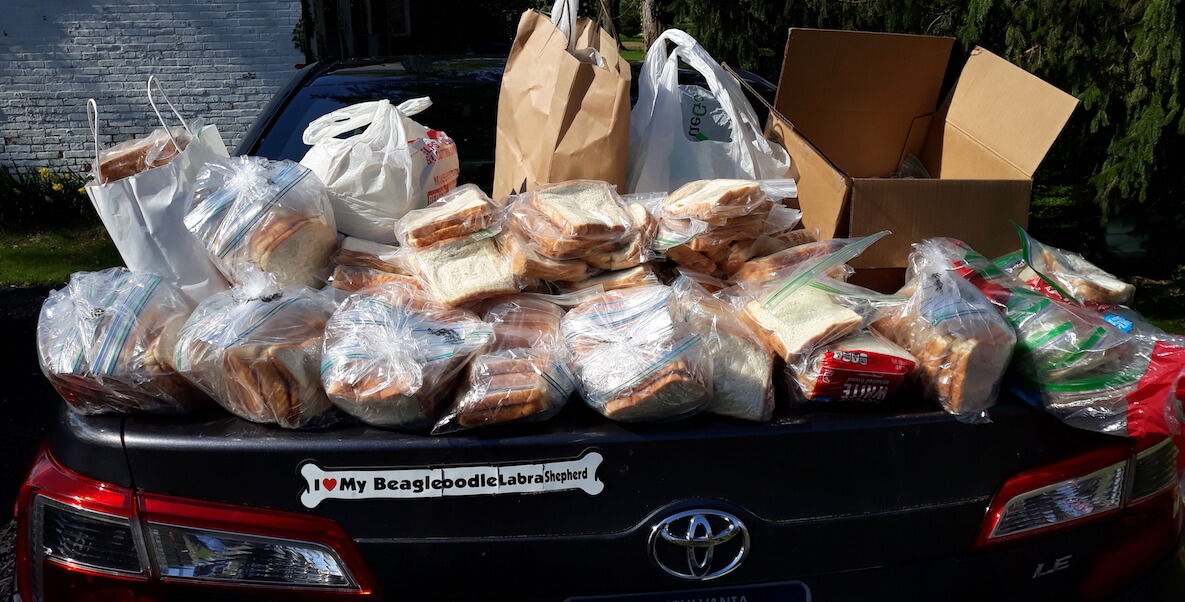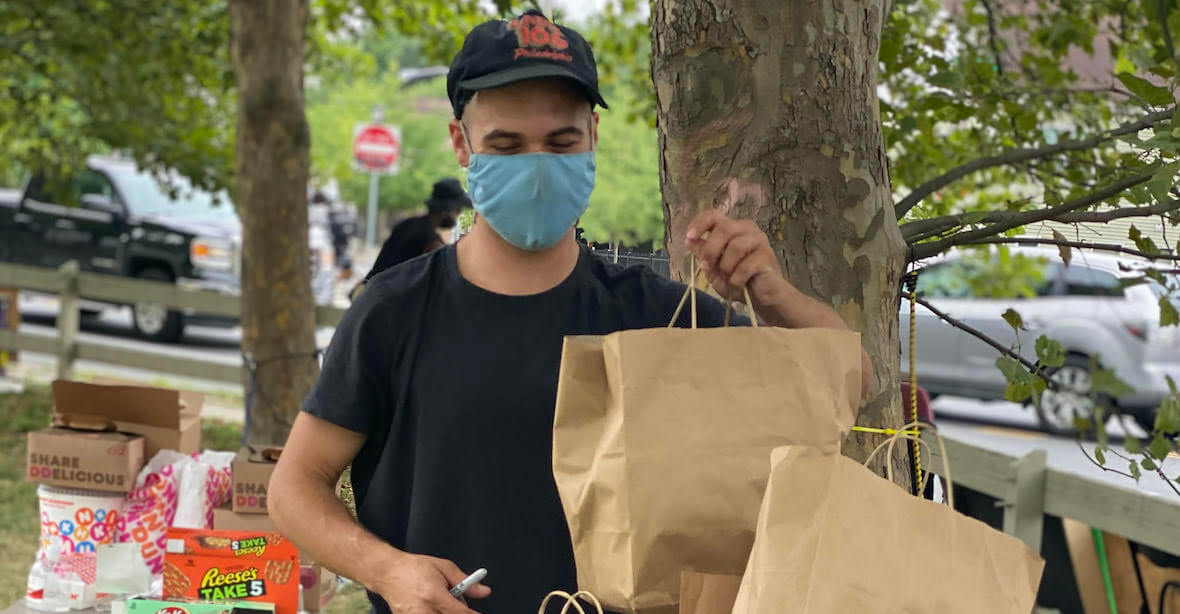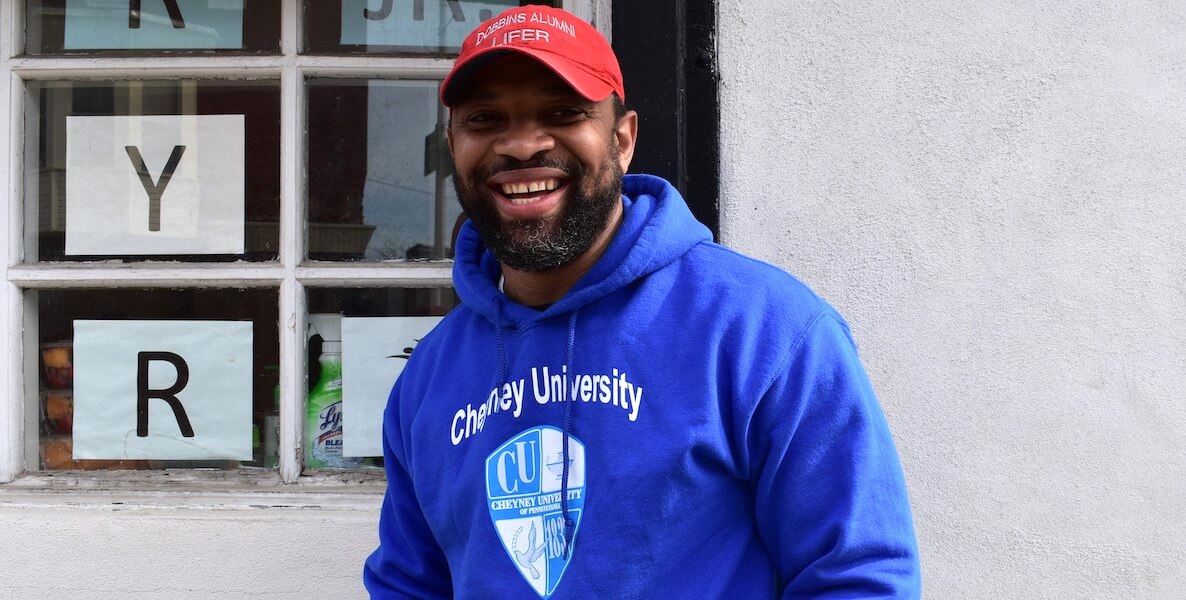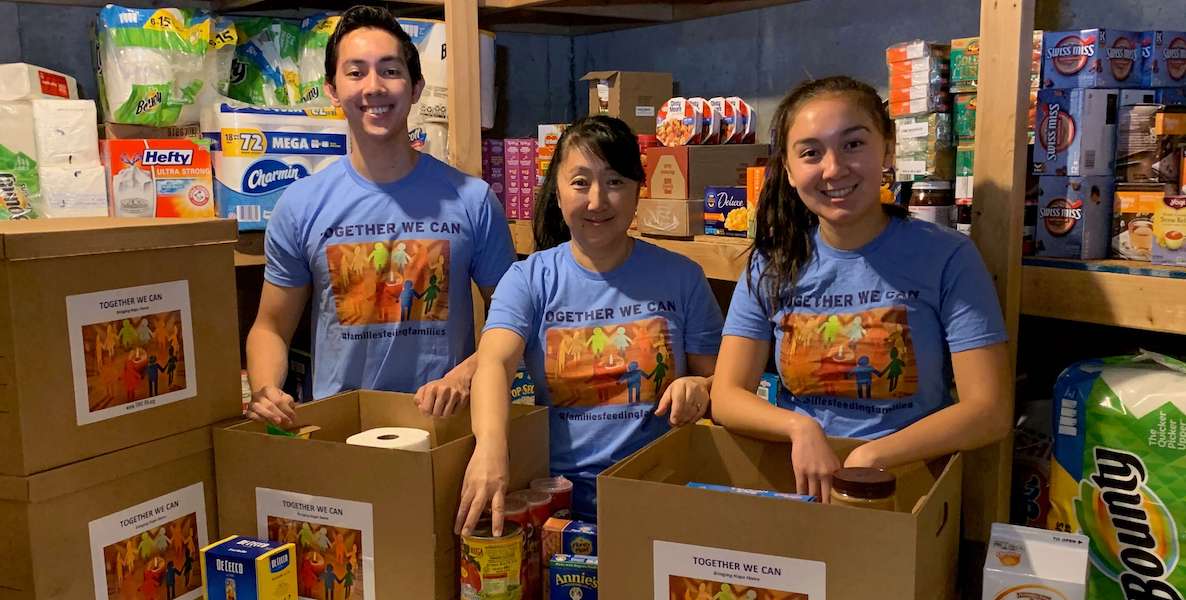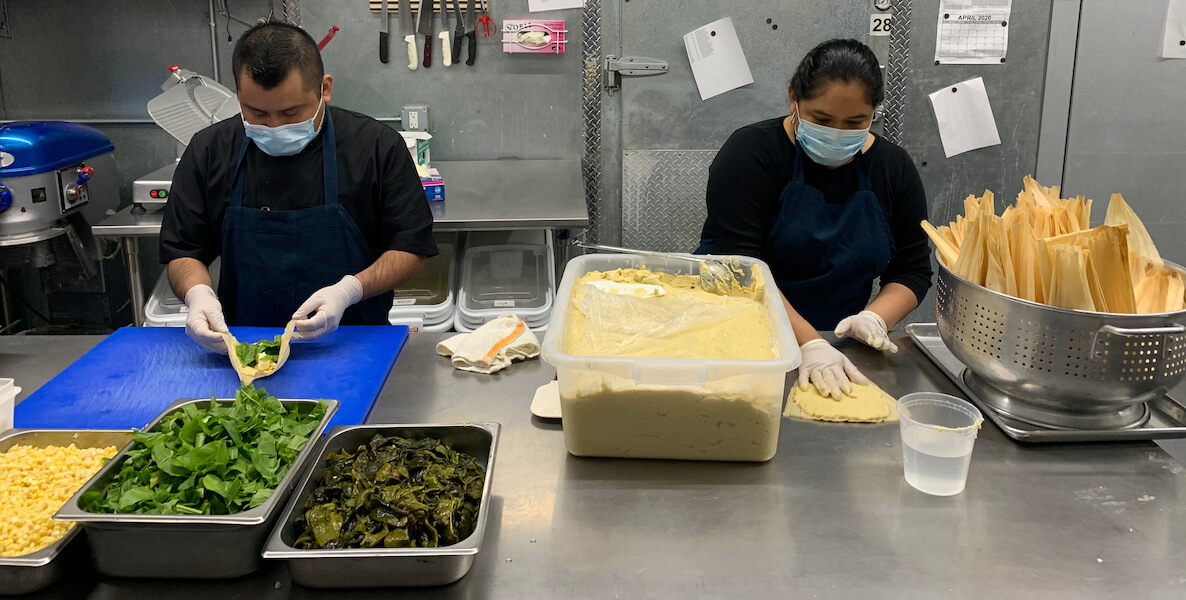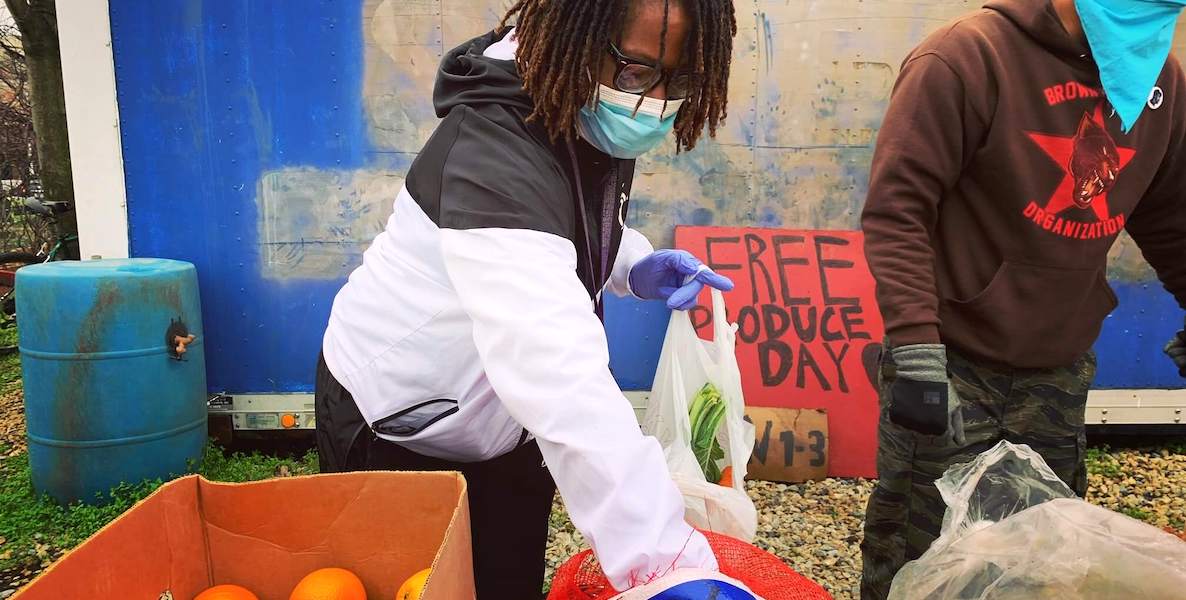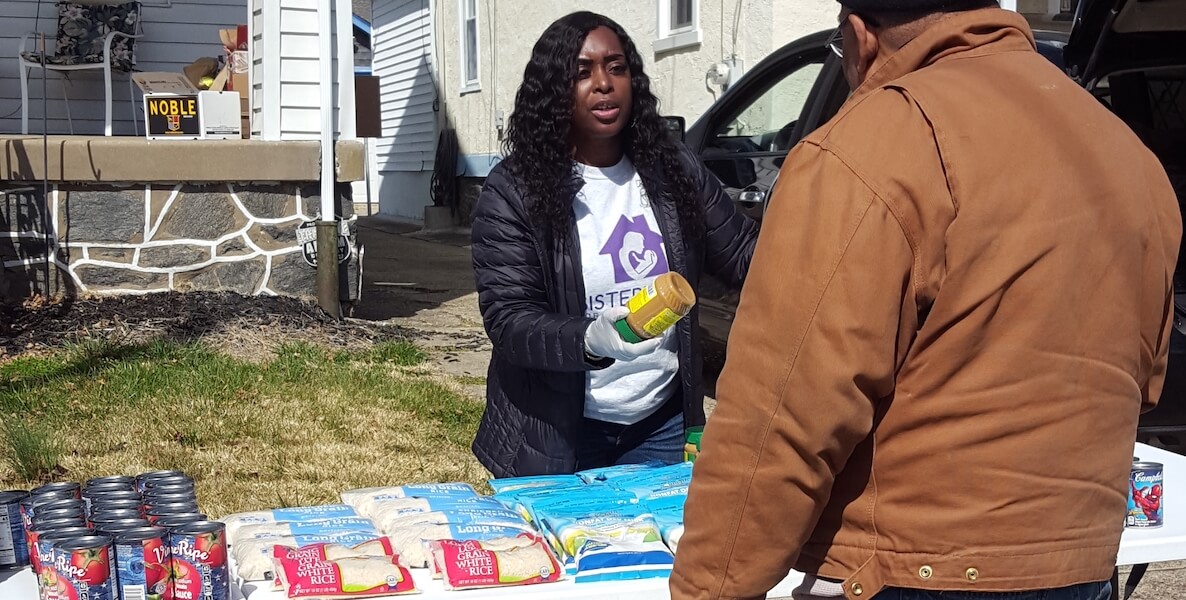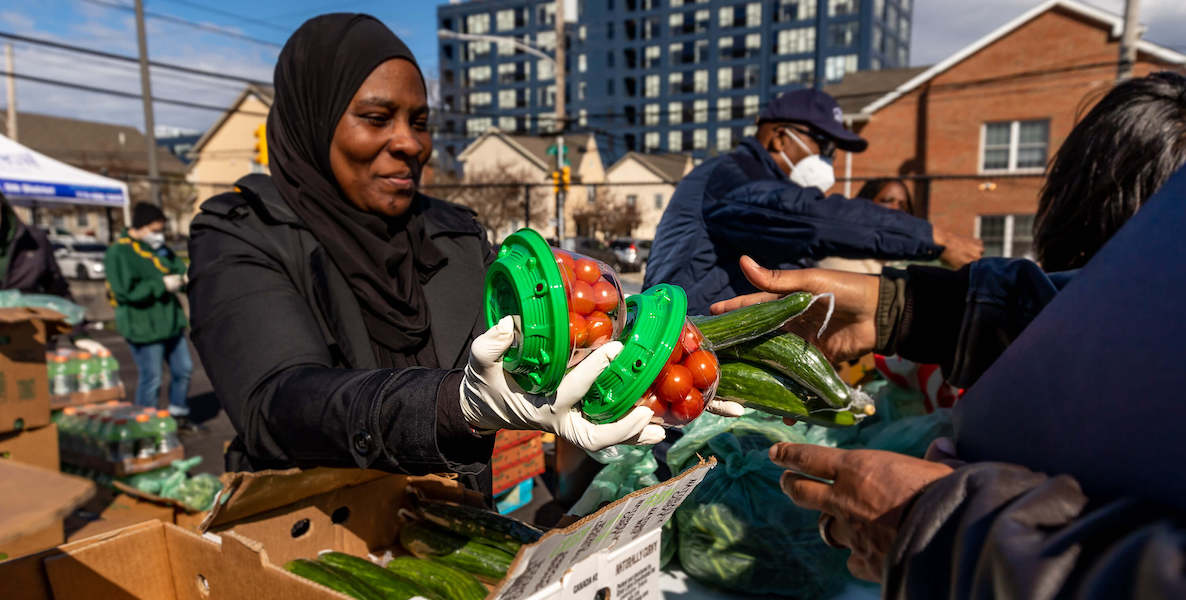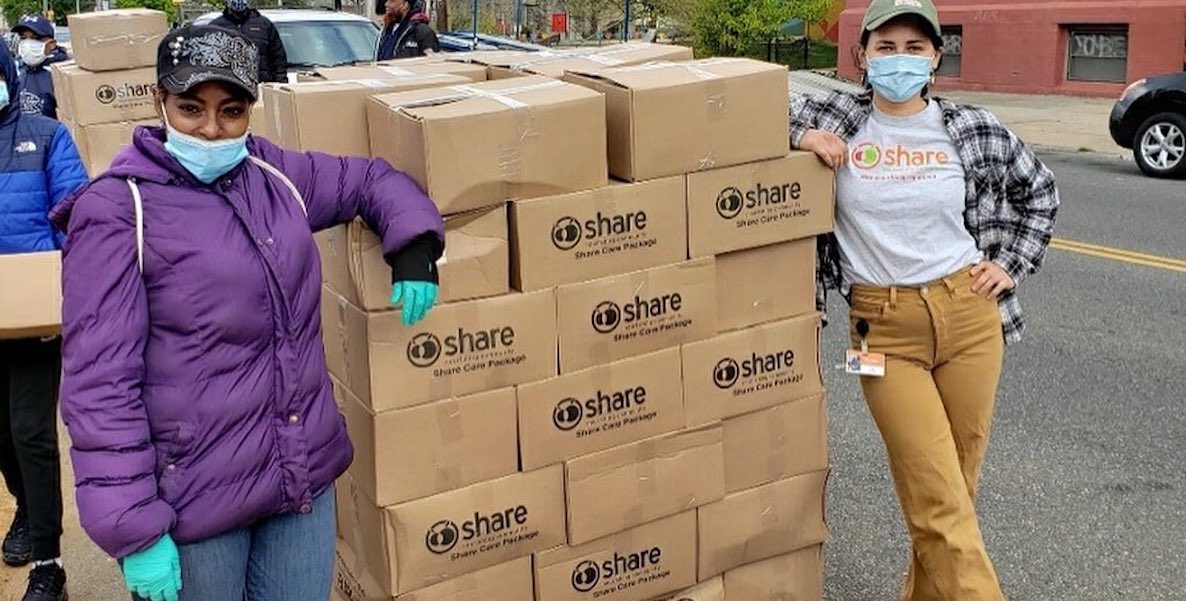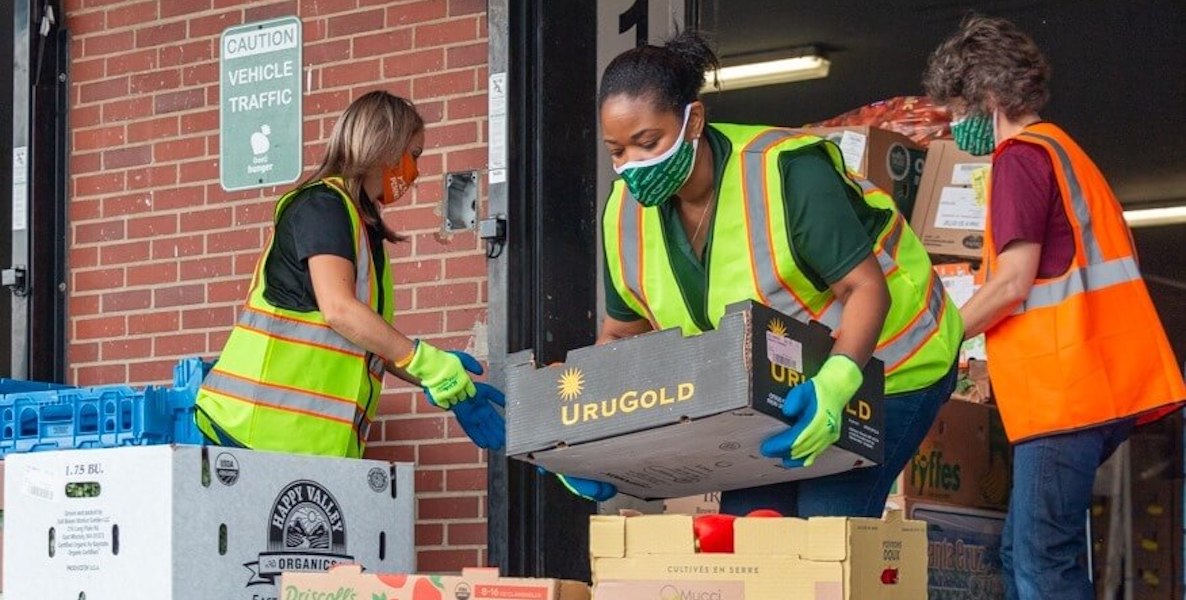![]() As we begin 2021, we’re constantly reminded of the many norms that have been upended. One we’re reminded of, seemingly every time we drive down a narrow street, is the now-ubiquitous dark blue delivery van bringing a range of products directly to the consumer. They call this direct-to-doorstep ideal “the last mile.”
As we begin 2021, we’re constantly reminded of the many norms that have been upended. One we’re reminded of, seemingly every time we drive down a narrow street, is the now-ubiquitous dark blue delivery van bringing a range of products directly to the consumer. They call this direct-to-doorstep ideal “the last mile.”
It’s an ambitious endeavor and one that’s greeted these corporations with rising profits and ever ballooning share prices. But as has been typical in our society, while we’ve advanced progress for the “haves,” the “have nots” are left decades behind. While one group of people can order a new tablet computer at 8am and have it delivered to their doorstep by 1pm, another group must wait days just to get basic provisions. You can call this “the lost mile.”
This is not to say that those with means don’t deserve this level of service—it’s to say that those without means deserve the same.
At the Share Food Program, the Philadelphia region’s largest food bank and hunger-relief organization, we have felt this duality firsthand as we’ve worked around the clock to serve more than 1 million people each month in Philly and the suburbs. With not even a fraction of the resources of these multinational companies, we’ve been tasked by you with ensuring that all of our neighbors are fed.
For the Share Food Program, this has meant a fleet of 13 trucks on the road six days a week, delivering to food pantries, soup kitchens and schools throughout our region—sometimes distributing more than 10 million pounds of food in a single month.
But this “retail model” of food distributions still has its limitations, and it’s never been more evident than during this pandemic.
In mid-March 2020, as the pandemic began to set in, many of the organizations to whom we distribute, particularly those serving seniors who are vulnerable, were forced to close their doors. Rather than reduce access, the Share team almost overnight developed a home delivery program called Knock, Drop & Roll, engaging and managing volunteers to deliver food directly to those in need.
![]() Since then, the need in and around Philadelphia has only grown, and the lost mile continues to challenge us. With more people with disabilities and seniors who cannot leave their homes needing our services than ever before, Share Food Program has committed record resources to the need.
Since then, the need in and around Philadelphia has only grown, and the lost mile continues to challenge us. With more people with disabilities and seniors who cannot leave their homes needing our services than ever before, Share Food Program has committed record resources to the need.
Further still, we have considerable obstacles. In December 2020, Congress was set to sunset the popular Farmers to Families program, which provided pre-made boxes of U.S. grown produce, meats and dairy. At its highpoint, Share was distributing more than 20 trailer loads of food a week through this program, and many through our home delivery.
While we’re grateful for Monday’s announcement of new $1.5 billion in funding for Farmers to Families, back in December we were disheartened that this critical program had run out of funds just before the holidays.
 With this significant blow to the supply chain, many hunger relief organizations solving for the lost mile had to cancel food distributions at the last minute or adjust quickly to find alternatives.
With this significant blow to the supply chain, many hunger relief organizations solving for the lost mile had to cancel food distributions at the last minute or adjust quickly to find alternatives.
Another obstacle to lost-mile delivery is the lack of critical access to the SNAP program. In the Philadelphia region, only four food retailers currently accept SNAP benefits for online grocery orders. Increasing funding and access to this key program would help expand lost-mile access to our region’s most vulnerable, while opening new economic opportunities for food retailers, small businesses and nonprofits across the nation.
Among the most jolting moments of 2020 were those, in late March, when food shortages were seen at grocery stores throughout the Philadelphia region. While most area residents felt those shortages last spring in a very real but temporary way—for so many in our region, it’s a reality they face each and every day. For these families, the issue isn’t merely a break in the supply chain, but a broken economic system that has left them behind.
At a time when the number of families experiencing hunger is surging, the need to invest in infrastructure for our region’s most vulnerable has never been more critical. It’s imperative that we continue to support organizations that work tirelessly to lift up Philadelphia area residents.
Here are three simple ways:
- Get involved. Volunteer with Share Food Program, or other organizations, to sort and pack food boxes, help with home deliveries or help to make phone calls to confirm those deliveries.
- Be an advocate. Contact your elected officials, and urge them to fight food insecurity, alleviate poverty and create opportunity.
- Donate. If you can, make a monetary gift. Each dollar has real and immediate impact toward getting nourishing foods into the hands of families in need.
The ball has finally dropped on 2020. Whether it’s for Share Food Program, or for the hundreds of other worthy nonprofits in our region, your help is needed now more than ever as we ring in 2021.
The Citizen is one of 20 news organizations producing Broke in Philly, a collaborative reporting project on solutions to poverty and the city’s push towards economic justice. Follow the project on Twitter @BrokeInPhilly.
George Matysik is executive director of Share Food Program, the largest food bank and hunger relief organization in the Philadelphia region. A lifelong Philadelphian, Matysik earned a BA in Urban Studies from University of Pennsylvania, where he worked his way through school as a full-time janitor. Matysik has served as head of numerous nonprofits, civic organizations and political committees, and continues to serve in volunteer roles with several organizations citywide.
Photo courtesy of Share Food Program


